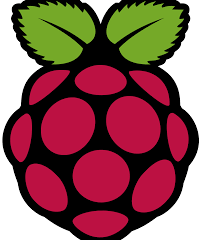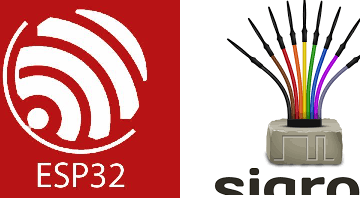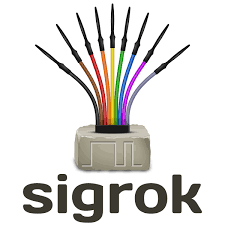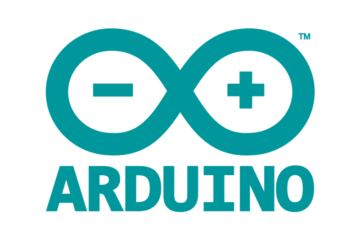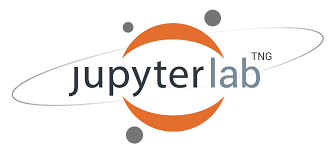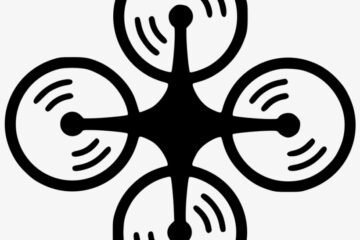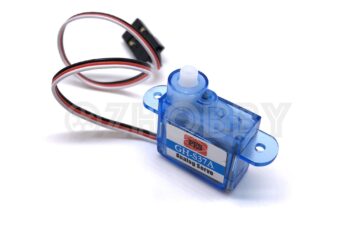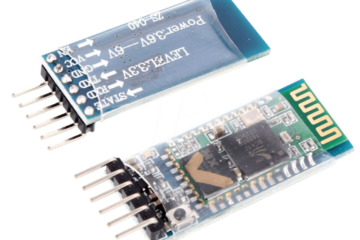A First Arduino Logic Analyzer for the Raspberry Pico
Together with Pulseview, the Raspberry Pico can be turned into a Logic Analyzer. I demonstrated how to build a simple SUMP logic analyzer with my Arduino logic-analyzer library in my last blog. But we can do better: Here is an first version of an improved Pico implementation which uses both cores: #include “Arduino.h” #include “logic_analyzer.h” #include “pico/multicore.h” using namespace logic_analyzer; int pinStart=START_PIN; int numberOfPins=PIN_COUNT; LogicAnalyzer logicAnalyzer; Capture capture(MAX_FREQ, MAX_FREQ_THRESHOLD); // when the status is changed Read more…
